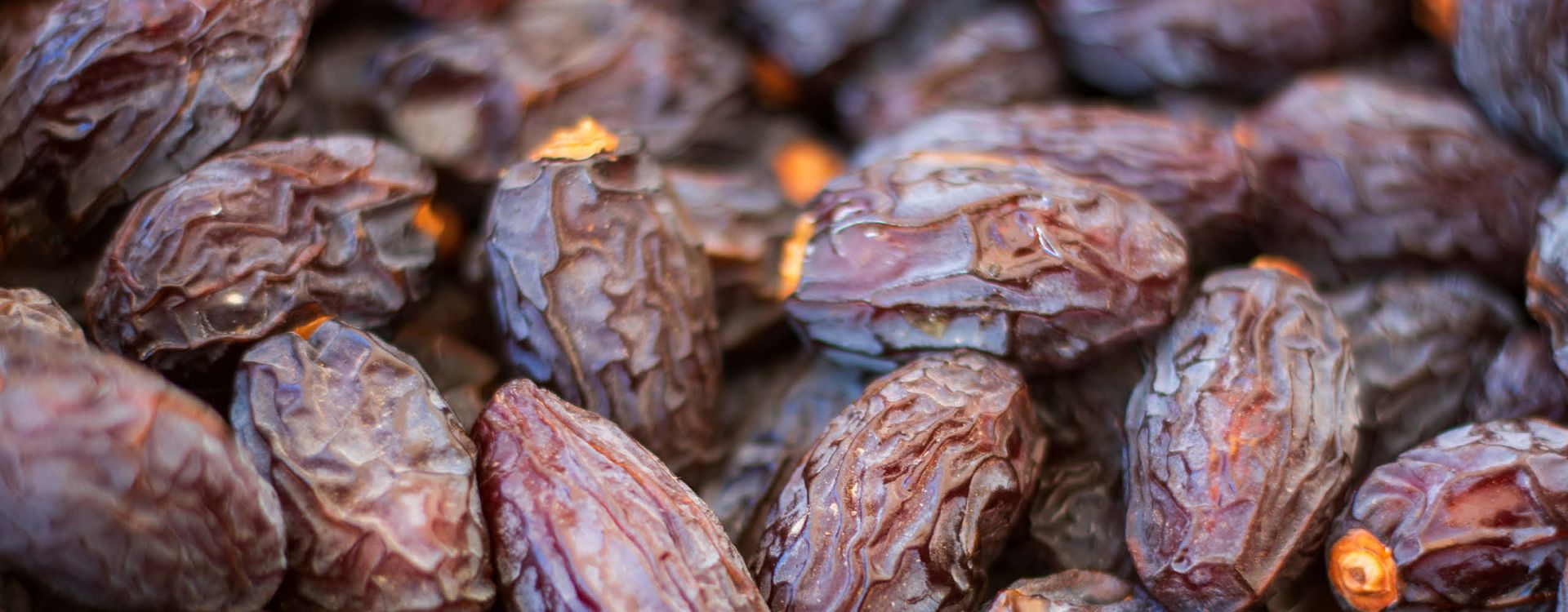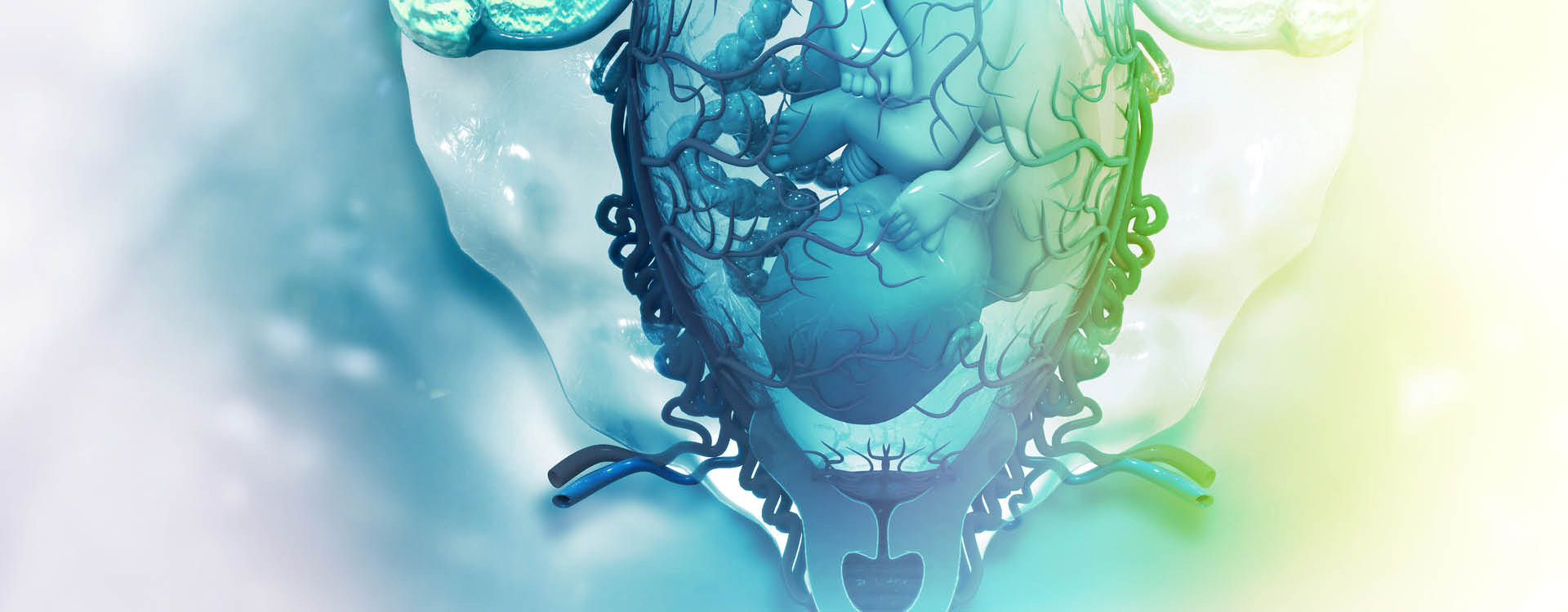Pregnancy is a time of heightened awareness about health, nutrition, and safety for both the mother and the developing baby. One area of particular concern is diet, specifically, the consumption of certain foods that may pose risks during pregnancy.
Cheese is a beloved food for many people, but when it comes to pregnancy, there are certain guidelines that need to be followed to ensure the well-being of both the mother and baby.
This blog will guide you through the current recommendations regarding cheese consumption during pregnancy, focusing on the safety of soft cheeses, the risks associated with unpasteurized varieties, and which types are considered safe.
Can Pregnant Women Eat Cheese?
Cheese is a rich source of calcium, protein, and other essential nutrients, making it a valuable part of a balanced diet. However, during pregnancy, there are specific foods, including some cheeses, that should be consumed with caution due to the risk of foodborne illnesses. Particularly those caused by listeria, a type of bacteria that can harm both the mother and baby.
The primary concern with cheese during pregnancy is whether it is pasteurized or unpasteurized. Pasteurization is a process that involves heating milk to a specific temperature to kill harmful bacteria, such as listeria. Listeria can lead to severe complications for pregnant women and their unborn children, including miscarriage, preterm labor, or stillbirth [*][*].
So, can you eat soft cheeses while pregnant? It depends on whether the cheese is made from pasteurized milk. Let’s break down the risks and safety considerations when it comes to soft cheeses.
Risks of Eating Unpasteurized Cheese During Pregnancy
Before delving into the different types of soft cheeses and which ones are safe during pregnancy, it’s important to first understand the risks involved with eating unpasteurized cheeses.
Listeria Infection
Listeria is a Gram-positive bacterium commonly found in certain foods, including unpasteurized dairy products, such as soft cheeses. Cheeses like brie, camembert, feta, and blue cheese are particularly vulnerable to Listeria contamination because they are often made from unpasteurized milk, which can harbor harmful bacteria.
Even when pasteurized milk is used, improper storage or handling of soft cheese can still lead to contamination. This becomes especially concerning during pregnancy because pregnant women are more susceptible to Listeria infection due to their suppressed immune systems, which are altered to protect the developing fetus [*].
Listeriosis is particularly dangerous for pregnant women because the bacteria can easily cross the placental barrier, putting the baby at serious risk. It can lead to complications such as miscarriage, stillbirth, premature birth, or even neonatal infection.
While the symptoms of listeriosis in pregnant women often mimic the flu (fever, headache, muscle aches, and fatigue) the impact on the fetus can be far more severe. Infected babies can develop sepsis or even central nervous system damage [*].
Other Bacterial Infections
In addition to listeria, other bacteria, such as E. coli and salmonella, can also be present in raw or unpasteurized cheeses, particularly those with a higher moisture content, like soft cheeses. Infections caused by these bacteria can result in gastrointestinal distress, dehydration, and other complications that may be harmful during pregnancy [*].
For these reasons, health authorities like the Centers for Disease Control and Prevention (CDC) and the American Pregnancy Association strongly advise against consuming any unpasteurized dairy products while pregnant, including soft cheeses [*].
Toxoplasmosis
Toxoplasmosis is another infection that pregnant women should be cautious about. It is caused by the parasite Toxoplasma gondii and can be transmitted through contaminated food, water, or contact with infected animals. While this infection is more commonly associated with raw or undercooked meat, it can also be linked to unpasteurized dairy products [*].
Soft Cheeses That Are Safe to Eat While Pregnant
Now that we’ve discussed the risks associated with unpasteurized soft cheeses, let’s focus on the soft cheeses that are safe to eat during pregnancy. These cheeses are either made from pasteurized milk or are considered low-risk due to their specific production processes.
Feta Cheese
Feta cheese is a popular soft cheese with a tangy flavor and crumbly texture. When made from pasteurized milk, feta is generally considered safe to eat during pregnancy. Feta is often used in salads, sandwiches, or Mediterranean dishes, providing a good source of protein and calcium [*].
Blue Cheese
Blue cheese has a distinctive flavor and is known for its blue veins caused by mold. While blue cheese is typically made from cow’s, goat’s, or sheep’s milk, it is often aged long enough to reduce the risk of harmful bacteria. However, if blue cheese is made from unpasteurized milk, it poses a risk of listeria contamination [*].
Goat Cheese
Goat cheese, or chèvre, is another soft cheese that can be safe to eat during pregnancy if it is made from pasteurized milk. Goat cheese has a creamy texture and tangy flavor that works well in various dishes, including salads, spreads, and dips [*].
Cream Cheese
Cream cheese is a soft cheese that is commonly used in spreads, dips, and desserts. It is generally safe for pregnant women to eat because most commercial cream cheeses are made from pasteurized milk. Cream cheese is also a good source of vitamin A, calcium, and phosphorus, making it a healthy addition to a balanced diet when consumed in moderation [*].
Cotija Cheese
Cotija is a hard, crumbly Mexican cheese that is often used as a topping for dishes like tacos, salads, and street corn. While it is technically a hard cheese, it shares some similarities with soft cheeses in terms of texture and usage. Most commercial cotija is made from pasteurized milk and is safe to eat during pregnancy [*].
Ricotta Cheese
Ricotta cheese is a soft, mild cheese that is frequently used in lasagna, stuffed pasta, and desserts. Ricotta can be made from either pasteurized or unpasteurized milk, so it is essential to look for the pasteurized version if you are pregnant. The pasteurized version is safe to eat and can provide a good source of protein and calcium [*].
Brie Cheese (Pasteurized)
Brie cheese is a soft, creamy cheese with a white rind. Traditionally, brie is made from unpasteurized milk, which may present a risk of listeria. However, pasteurized versions of brie cheese are available and are considered safe for pregnant women to consume. Just make sure to check that it was made with pasteurized milk before consuming any since unpasteurized brie is also commonly sold at Farmers Markets and stores as well [*].
Burrata
Burrata is a fresh, creamy Italian cheese that consists of mozzarella on the outside with a soft, liquid center. Like other soft cheeses, burrata is typically made from pasteurized milk and is safe to eat during pregnancy. Burrata is a rich source of calcium and healthy fats, making it a tasty and nutritious option for pregnant women [*].
Just remember to check that the label of any cheese you consume says that it was made using pasteurized milk. Generally, the cheeses listed above are, but sometimes they can be made with unpasteurized milk and should be avoided.
Soft Cheeses to Avoid During Pregnancy
While many soft cheeses are safe to eat when made from pasteurized milk, there are some soft cheeses that should be completely avoided during pregnancy, especially if they are made from unpasteurized milk.
Brie (Unpasteurized)
As mentioned above, brie cheese is safe when pasteurized, but unpasteurized brie should be avoided entirely due to the risk of listeria infection [*].
Camembert
Similar to brie, camembert is a soft French cheese that is usually made from unpasteurized milk. Pregnant women should avoid consuming unpasteurized camembert to reduce the risk of bacterial infections [*].
Roquefort
Roquefort is a blue cheese made from sheep’s milk, and while some versions are pasteurized, many artisanal varieties are not. For safety reasons, pregnant women should avoid consuming unpasteurized roquefort due to its potential listeria risk [*].
Spoiled or Moldy Cheese
It may seem obvious, but eating moldy or spoiled cheese during pregnancy can lead to a range of health risks. Moldy cheeses can harbor harmful bacteria and toxins that may cause foodborne illnesses, leading to symptoms like nausea, vomiting, and diarrhea.
Spoiled cheese can also contain harmful byproducts from the breakdown of proteins and fats, which may upset the digestive system. Even if the mold appears to be just on the surface, it’s not worth the risk of saving, as mold can penetrate deeply into soft cheeses.
In addition, certain molds can produce mycotoxins, which may be harmful if ingested in large amounts [*][*].
How Can You Tell if Soft Cheese Is Pasteurized?
The easiest way to determine whether a soft cheese is pasteurized is to check the label. In most countries, food labeling regulations require that products containing unpasteurized milk be clearly marked as such. Look for labels like "pasteurized milk" or "made from pasteurized milk" on the packaging.
If you’re unsure about a product, it’s always safest to consult the producer or opt for brands that are known for using pasteurized milk.
What Happens if You Accidentally Eat Unpasteurized Cheese While Pregnant?
If you accidentally eat unpasteurized cheese while pregnant, don’t panic, but do take precautions. First, monitor yourself for any symptoms of listeriosis, such as fever, muscle aches, or gastrointestinal symptoms. If you experience any of these signs, contact your healthcare provider immediately for advice and testing [*].
Most cases of listeriosis during pregnancy are treatable with antibiotics, but early intervention is critical to minimize risks to your baby.
Can You Eat Soft Cheese After Pregnancy?
After pregnancy, soft cheeses made from pasteurized milk are safe to consume, and nursing mothers can enjoy a variety of cheeses. However, it’s still important to practice moderation, as some cheeses, like feta and cream cheese, are high in fat and sodium.
Soft cheeses like goat cheese, which only contains 75 mg of sodium and 3.5 g of saturated fat per one-ounce serving, will help you lose your pregnancy weight faster [*].
Can Nursing Mothers Eat Soft Cheese?
Yes, nursing mothers can safely eat pasteurized soft cheeses as part of a balanced diet. In fact, soft cheeses can provide valuable nutrients like calcium and protein, which are important for both the mother’s and baby’s health [*].
The Bottom Line
While many commercially available soft cheeses are made with pasteurized milk, it’s important to avoid the few that aren’t.
Always check the label to be sure, and make sure that any cheeses that you consume during pregnancy have been stored properly and don’t show any signs of spoilage.
About MiracleCord
MiracleCord is a trusted leader in cord blood banking, committed to preserving the valuable stem cells found in umbilical cord blood and cord tissue.
With state-of-the-art facilities and a steadfast commitment to excellence, MiracleCord offers expecting parents the choice to safeguard their family’s health and well-being through innovative stem cell preservation solutions.
Call us today at 888.743.2673 or download our free cord blood banking guide to learn more.
DISCLAIMER: THE INFORMATION ON THIS WEBSITE IS NOT INTENDED TO BE USED AS MEDICAL ADVICE.The materials and information contained on the MiracleCord website is provided for educational and informational purposes only, and is not intended to, and does not constitute, medical or other health advice or diagnosis, and should not be used as such. You should not use this information to diagnose or treat a health problem or disease. If you are seeking personal medical advice, you should consult with a licensed physician. Always consult with a qualified health care provider regarding a medical condition.




